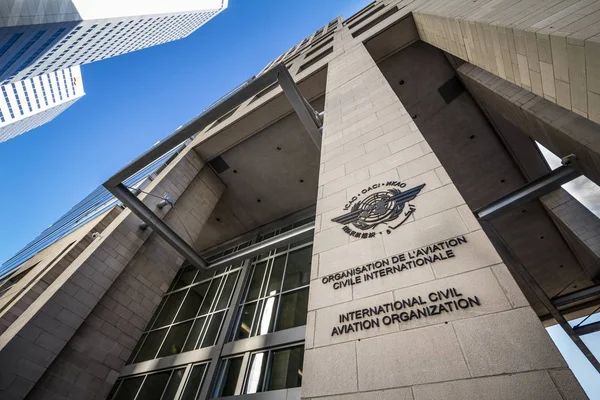International Civil Aviation Organization (ICAO) has started global talks to bring about a consensus or aviation climate pact on reducing airline emissions. ICAO is United Nations specialized agency. It meets every three years.
The airline sector, the same as the overall global economy, had suffered severely due to the pandemic. And now the global rise of fuel costs the war in Ukraine caused.
Having in mind the complicated world situation, ICAO’s Secretary General Juan Carlos Salazar called for unity on the long-term issues – making an aviation climate pact. The central theme of the talks was finding a way for aviation to become sustainable.
Unity on the long-term issues
Last year, the airline sector adopted a goal to meet net-zero emissions by 2050. The next step is up to the governments of the 193 member states of ICAO. Airlines and their suppliers united because they have the same goal – avoiding the destabilization of air transport. Changes have to be made and have to be made soon.
The U.N. says more than 130 countries have set or are considering a net-zero emissions target to be met by mid-century. This will be in line with the Paris Agreement goals. But, Russia and China disagree, setting their net-zero emissions goal for 2060. India goes even further. They plan to meet net zero in 2070. The problem is some developing countries blame developed countries that with the Paris Agreement goal they are trying to slow down their economies.
For now, air transportation produces 2-3% of total emissions. But from overall transport, the percentage is about 12% emissions. This percentage is likely to increase because other types of transportation will easily find green fuel alternatives.
Climate pact to meet the net-zero global target
ICAO has no capacity to impose rules, but its decisions as a U.N. agency influence national policies. The net-zero 2050 target will be widely accepted, agency officials hope. But there is a need of embracing different circumstances too. That will trace a different path for distinct countries. The path is to meet a global target by boosting supplies of new Sustainable Aviation Fuel (SAF) and encouraging private investment.
This 41st assembly is the first meeting after COVID-19 put pressure on policymakers to speed up the reforms in the airline sector. The Assembly started last week and will run through to October, 7.

